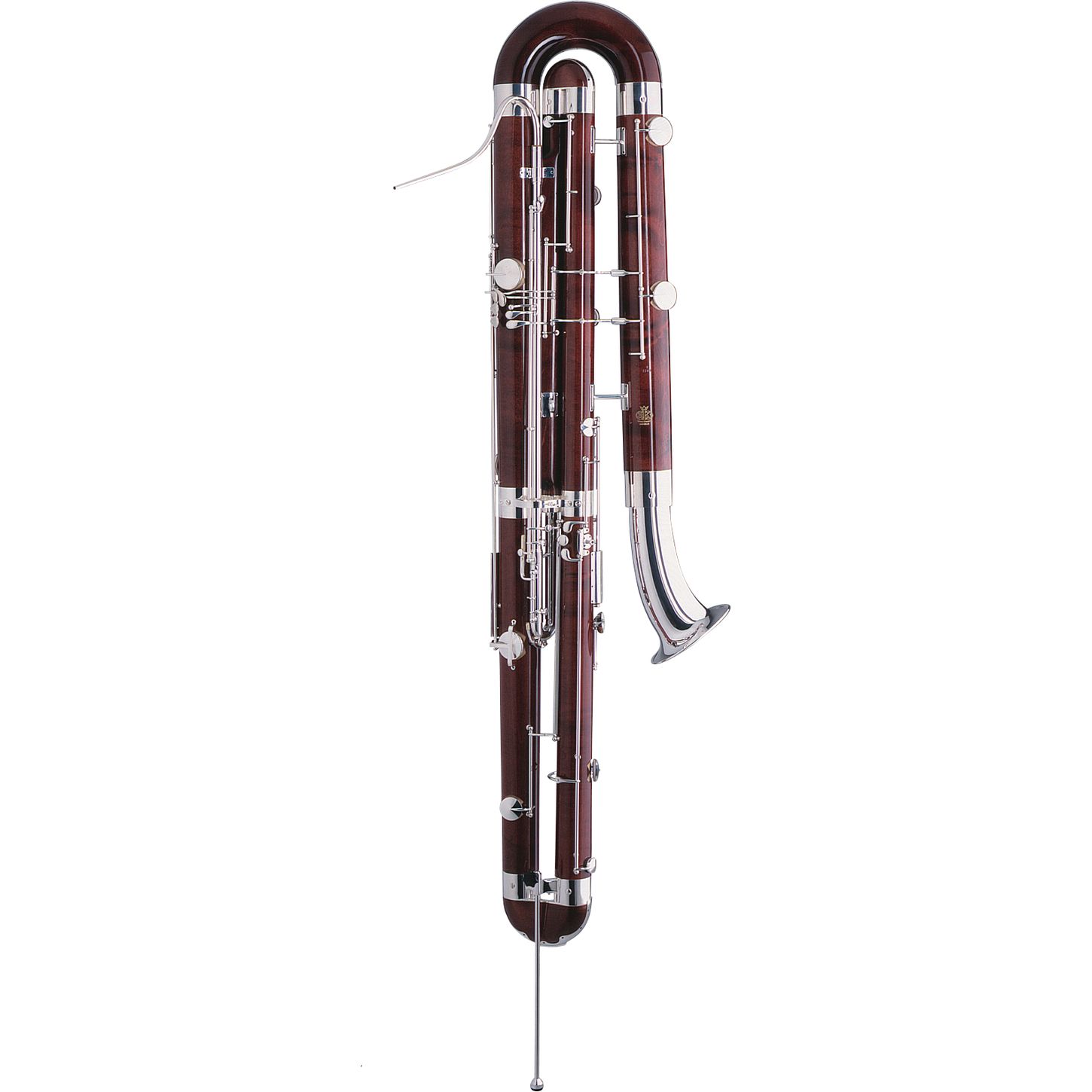VPO in Brahms
Théâtre des Champs Elysées, Paris, Wednesday April 15 2015
Conductor: Christoph Eschenbach. Soloist: Leonidas Kavakos
Brahms:
Leonidas Kavakos' playing was so (deceptively) "simple" sounding that it was only as the concerto progressed that I realised what an outstanding performance I was actually hearing. It comes across as effortlessly straightforward, which of course it can't be: a great deal of skill and effort and talent must have gone and go into achieving such undemonstrative, un-flashy virtuosity, such fluency in pianissimo passages played without vibrato, note-perfect. The result reminded me of Ana-Caterina Antonacci's singing - in her case, so conversational she makes you feels as if she's taking you into her confidence: you almost forget she's singing, not just talking to you. With Kavakos, it was like having a pleasant conversation with an intelligent friend, one whose intelligence is worn lightly - smiling too, sometimes, as he moved around his little space on stage - at the first violons beside him, at the cellos behind, the conductor and the audience as he played.
Engaging, agreeable playing without ostentation and overall a great performance, supported in the same vein, as you might expect, by Eschenbach and the orchestra. Perhaps this is "modern" Brahms playing, not HIP but influenced by HIP: not schmaltzy or, worse still, slushy; lean (in sentiment, not sound) rather than lush.
The same might be said of the symphony. It was a massive display of string force, great square blocks of sustained string power, neoclassical rather than late or post-romantic, making the structure of the score (not always what you might at first think: Brahms plays tricks) easy to "read".
I remember, back when I was still in an orchestra, thinking what a great play Brahms' First was for the strings: everybody gets the same meaty stuff to play, forwards or backwards, one way up or the other. This impression, on Wednesday, of emphasis on the string sections may well have come in part from my being seated near the front of the stalls: in terms of balance that meant all the wind and percussion were hidden from view. But Eschenbach seemed to look mainly to his first violins to lead, nevertheless taking care to pass phrases, visibly, with a gesture of the hand, from strings to winds and back. Of course, the woodwind and brass playing was glorious when to the fore: those famous horn and flute calls at the start of the last movement for example: not only the strings could sustain!
I have enough experience to know, however fantastic the performance has been, better than to clap a string soloist too loud and long, but not everyone does, so after the concerto we got the inevitable unaccompanied Bach encores: "Ça casse l'ambiance," said my neighbour: it puts the mockers on things. But after the symphony we got a very jaunty performance of the first Hungarian Dance that had the players themselves grinning, so that's what people were whistling, or trying to whistle, on the Métro platforms afterwards.
Conductor: Christoph Eschenbach. Soloist: Leonidas Kavakos
Brahms:
- Violin Concerto
- Symphony N°1
The last time I heard the VPO in the same theatre I was disappointed. This Brahms concert made up for that in full.
 |
| Brahms |
Engaging, agreeable playing without ostentation and overall a great performance, supported in the same vein, as you might expect, by Eschenbach and the orchestra. Perhaps this is "modern" Brahms playing, not HIP but influenced by HIP: not schmaltzy or, worse still, slushy; lean (in sentiment, not sound) rather than lush.
The same might be said of the symphony. It was a massive display of string force, great square blocks of sustained string power, neoclassical rather than late or post-romantic, making the structure of the score (not always what you might at first think: Brahms plays tricks) easy to "read".
 |
| Contrabassoon |
I have enough experience to know, however fantastic the performance has been, better than to clap a string soloist too loud and long, but not everyone does, so after the concerto we got the inevitable unaccompanied Bach encores: "Ça casse l'ambiance," said my neighbour: it puts the mockers on things. But after the symphony we got a very jaunty performance of the first Hungarian Dance that had the players themselves grinning, so that's what people were whistling, or trying to whistle, on the Métro platforms afterwards.



How interesting--we nearly left at the interval! From the top loges (excellent sound, by the way) the orchestra sounded discombobulated and frequently out of tune. Eschenbach sacrificed line and momentum for precious detail, the approach favored by Kavakos. From afar his sound was lovely, but it was as though he were muttering to himself. I commented to my companion that I'd like to hear him play Bach--but when he did, I missed Bach's architecture. (the sarabande was better than the first piece).
ReplyDeleteThe symphony was better, but overall I missed the usual grandeur and precision of the VPO. Did they send the second string to Paris (I did not expect to see 10 women onstage)? Do they simply not play as well for Eschenbach?